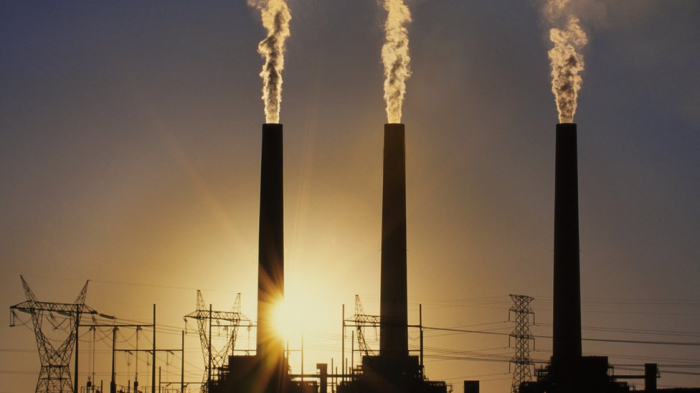Their study indicates that emissions have declined by around 7% this year.
France and the UK saw the greatest falls, mainly due to severe shutdowns in response to a second wave of infections.
China, by contrast, has seen such a large rebound from coronavirus that overall emissions may grow this year.
The decline in carbon in 2020 has dwarfed all the previous big falls.
According to the Global Carbon Project team, this year saw carbon emissions decline by 2.4 billion tonnes.
In contrast, the fall recorded in 2009 during the global economic recession was just half a billion tonnes, while the ending of World War Two saw emissions fall by under one billion tonnes.
Across Europe and the US, the drop was around 12% over the year, but some individual countries declined by more.
France saw a fall of 15% and the UK went down by 13%, according to one analysis.
"The main reason is that these two countries had two waves of confinement that were really quite severe compared with other countries," said Prof Corinne Le Quéré, from the University of East Anglia, UK, who contributed to the study.
"The UK and France have a lot of their emissions come from the transport sector and generally have a bit less coming from industry and other sectors.
"This is even more true in France, because so much of their electricity production is from nuclear energy, so 40% of their emissions are from the transport sector."
Aviation around the world has been badly hit by restrictions and by the end of this year, it's expected that emissions from this sector will still be 40% below 2019 levels.
More about: coronavirus pandemic climate
















































